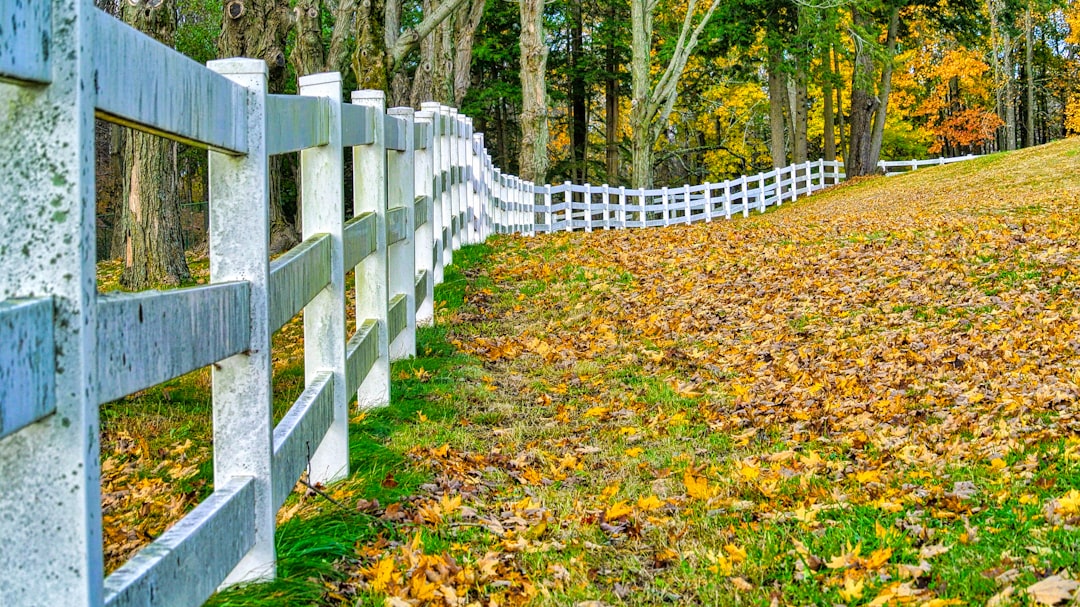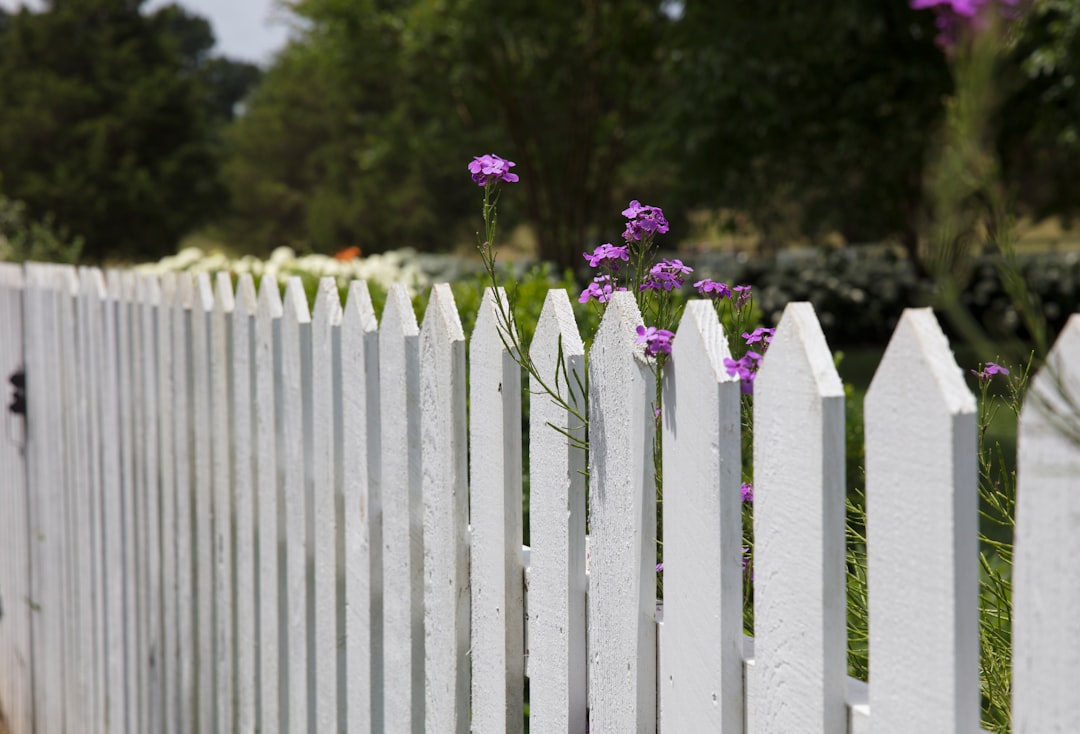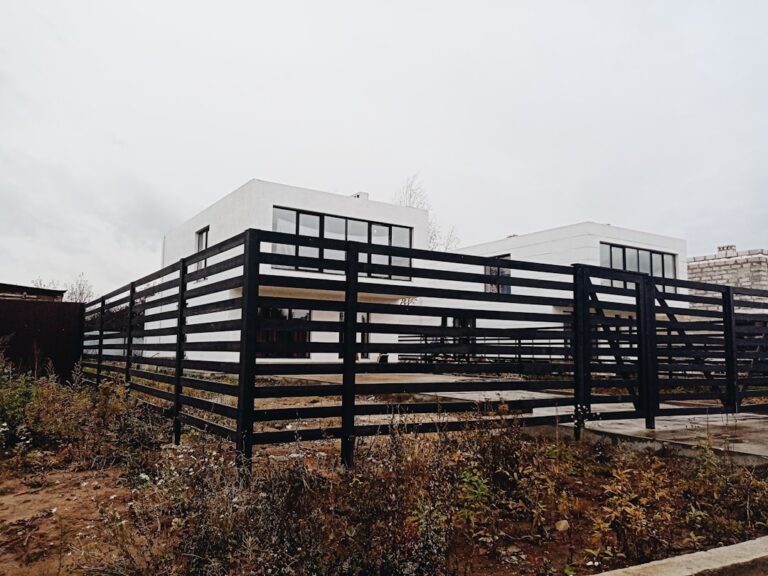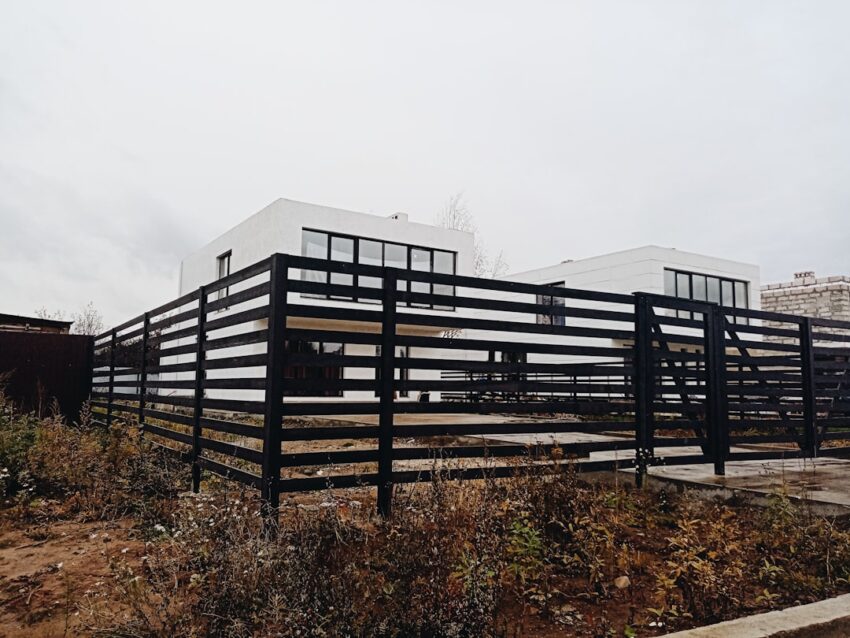A Fence Company must understand various fence material options (wood, vinyl, chain-link, metal) for effective tailored solutions. Each has unique qualities: wood offers beauty and privacy, vinyl is low maintenance, chain-link ensures security, and metal is strong and durable. The company should guide clients based on climate, budget, and desired look, using specific tools and techniques for each material, and providing tailored maintenance advice to extend lifespan.
“For any fence company, understanding and working with diverse materials is key to success. This comprehensive guide delves into the intricacies of wood, vinyl, chain-link, and metal fencing—essential knowledge for professionals aiming to excel in their craft. We explore unique fitting techniques and maintenance strategies tailored to each material, ensuring longevity and aesthetic appeal. Discover expert tips and gain a competitive edge in the industry by mastering these versatile fence types.”
- Understanding Different Fence Materials: A Guide for Professionals
- The Art of Fitting: Techniques and Tools for Each Material
- Maintenance and Longevity: Caring for Diverse Fence Types
Understanding Different Fence Materials: A Guide for Professionals

When it comes to fencing, each material offers unique characteristics and benefits. For professionals, understanding these variations is key to matching the right fence type with specific projects and client needs. Wood fences, for instance, provide a classic aesthetic, offering both privacy and a natural look. Vinyl fences are low-maintenance alternatives, perfect for areas requiring resistance to rot or damage. Chain-link fencing is ideal for security purposes, providing clear visibility and robust protection. Metal fences, on the other hand, exude strength and durability, often chosen for their longevity in harsh weather conditions.
A fence company should consider factors like climate, budget, and desired aesthetics when recommending materials. Each option has its pros and cons, ensuring professionals can guide clients towards making informed decisions that will enhance outdoor spaces for years to come.
The Art of Fitting: Techniques and Tools for Each Material

The art of fitting, or fencing installation, requires tailored techniques and tools for each unique material. For wood fences, a skilled fence company will utilise hand tools like hammers, saws, and drills to ensure precise cuts and secure posts. Metal, vinyl, and chain-link fences demand different approaches; these materials often require specialised equipment such as welding gear, power cutters, and mechanical tensioners for proper installation.
Each fencing material has its own set of challenges and benefits. Wood offers a classic aesthetic but necessitates regular maintenance. Vinyl is low-maintenance but may be susceptible to environmental damage. Chain-link provides security and versatility while metal fences exude strength and durability. A proficient fence company understands these nuances, selecting the right tools and techniques to accommodate each material’s unique properties for a job well done.
Maintenance and Longevity: Caring for Diverse Fence Types

Proper maintenance is key to ensuring your fence’s longevity, regardless of the material. For wood fences, regular cleaning and sealing are essential to protect against rot and damage caused by elements like rain and UV rays. A fence company specializing in wood fencing can offer tailored advice on the best sealants and cleaning solutions. Vinyl fences, being low-maintenance, require minimal upkeep beyond occasional cleaning with a soft brush and mild detergent.
Chain-link and metal fencing demand slightly different care. Regular inspection is crucial to spot rust or damage early on. Applying a protective coating every few years can significantly extend their lifespan. A fence company experienced in these materials can assist with routine maintenance checks and recommend suitable coatings to keep your chain-link or metal fences in top condition, ensuring they stand the test of time.
For professionals, understanding the nuances of working with various fencing materials like wood, vinyl, chain-link, and metal is key. Each material offers unique properties, requiring specific techniques and tools for optimal fitting. Furthermore, proper maintenance and care are essential to ensure longevity, regardless of the chosen fence type. Partnering with a reputable fence company can provide valuable expertise and ensure your fencing project stands the test of time, enhancing both aesthetics and functionality.
